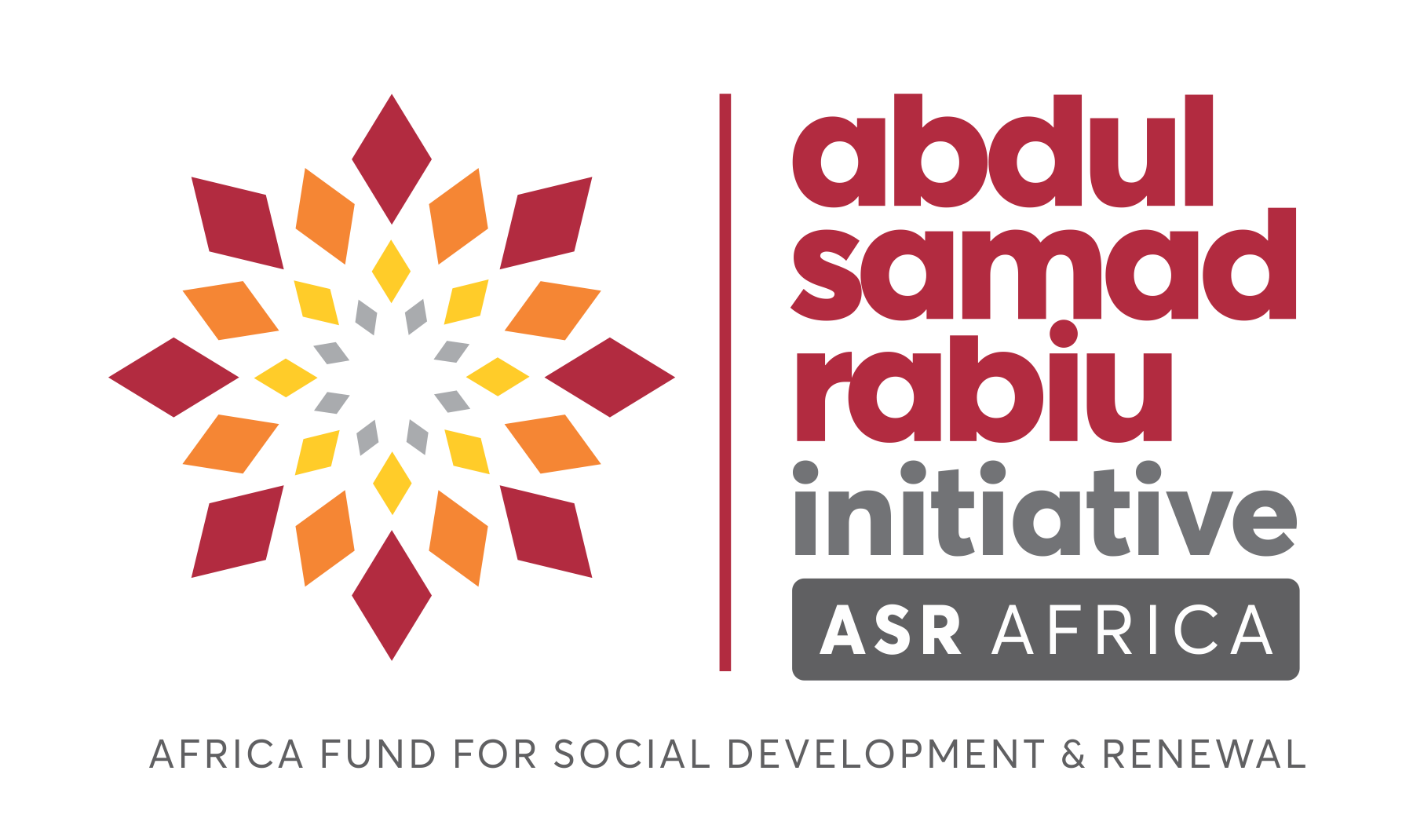It was a pivotal moment in 2001 as 53 African countries gathered in Abuja, Nigeria, with a shared vision to radically improve healthcare.
Leaders pledged to allocate at least 15 per cent of their national budgets to the health sector – a promise known as the Abuja Declaration.
Twenty-three years later, the commitment remains largely unfulfilled, with Nigeria itself allocating just 5.75 per cent of its budget to health in 2023, an amount considered meagre by experts.
For millions of Africans, this shortfall is not just a statistic it is a matter of life and death.
In the rural village of Damagaza in Abuja, Ramatu Kuju waited under the sun for hours, her face lined with worry as she held her feverish three-year-old son.
Around her, other mothers and children make up the crowded waiting area seeking relief from ailments ranging from infections to injuries.
Patients waited with palpable anxiety because they knew that help might not be available, even if they could be seen by the lone nurse on duty.
Nigerians need credible journalism. Help us report it.
Support journalism driven by facts, created by Nigerians for Nigerians. Our thorough, researched reporting relies on the support of readers like you.
Help us maintain free and accessible news for all with a small donation.
Every contribution guarantees that we can keep delivering important stories —no paywalls, just quality journalism.
Inside the small clinic, supplies were almost non-existent. There were no antibiotics, gauze or syringes – the most basic items necessary for treatment were nowhere to be found.
Even the electricity is intermittent, leaving staff to work in stifling heat or by the dim glow of lanterns when the power goes off.
For Godiya Ishaku, the only nurse on duty that day, improvisation was a daily reality.
Mr Ishaku said she often resorted to makeshift materials including using pieces of cloth as bandages to manage wounds with salt and water used to clean infections.
“And when makeshift solutions are not enough, patients are reluctantly turned away to seek help elsewhere,” she said.
As she paused to catch her breath, she acknowledged the daily strain and heartache of her work.
“Every day, I am forced to make difficult choices,” she said, her voice heavy with exhaustion.
“Do we help this mother or that child? Our resources are never enough, and we live with the pain of knowing that some people will leave here with no treatment.
“This scarcity of resources is more than an inconvenience; it is a barrier that jeopardises lives and erodes trust in a healthcare system already strained to the breaking point’’, she said.
The community in Damagaza is one of many in rural Nigeria where healthcare workers like Ms Ishaku operate under extraordinary pressure.
With limited funding and minimal supplies, they manage illnesses and emergencies with little more than their skills and determination.
Across Africa, these personal stories are repeated. Health professionals work tirelessly but feel betrayed by their governments` infidelity to promises.
Data from the World Health Organisation (WHO) shows that despite initial efforts, 19 African countries were spending less on health by 2016 than in the early 2000s.
Progress has stagnated, if not reversed, with external donor dependency further hampering self-sufficiency.
Some African countries, however, have found ways to make a difference. Rwanda, for instance, implemented a community health worker programme, focusing on primary healthcare and disease prevention.
This model has led to a dramatic decrease in child mortality rates and increased life expectancy.
Malawi’s commitment to malaria prevention and Ethiopia’s Health Extension Programme provide additional models for success, proving that even modest budgets can bring substantial health improvements when resources are managed effectively.
As Africa revisits the Abuja Declaration, experts argued that a simple 15 per cent target is insufficient in itself.
Instead, the focus must shift to targeted, strategic investments that address the unique challenges faced by each country.
Michael Okoh, a health economist, explained that what works in small countries may not be feasible in large ones like Nigeria, where even significant health spending falls short of meeting demands.
Mr Okoh suggested that African countries adopt zero-based budgeting for health, which ensures that funds are allocated based on actual needs, rather than historical expenditure.
A key element of this is ensuring accountability in health spending, which has often been a stumbling block for the successful implementation of health policies across the continent.
As the Partnership for Advocacy in Child and Family Health (PACFaH), a Bill and Melinda Gates Foundation-supported project says, governance is just as critical as the commitment to funding.
Without effective leadership and transparent management, even substantial budgets will fail to deliver real change.
As highlighted by Transparency International 2023 report, African nations rank poorly in terms of governance, with health budgets often mismanaged or diverted to serve private interests
Maimuna Abdullahi, a health economist with Africa Health Budget Network (AHBN), underscored that the gap between budget and benefit is wide because much of the money was siphoned off or mismanaged.
Ms Abdullahi said that addressing corruption at every level of government and implementing stronger systems of real-time spending tracking were critical steps in closing this gap.
“Countries like Rwanda have succeeded in part because they have established transparent systems that foster public trust and ensure that funds are used as intended,” she said.
Oyewale Tomori, a virology professor, advocated creating a `New Abuja Vision`, which focuses on sustainable financing.
“This can involve introducing national health insurance schemes, improving tax policies to generate domestic funding, and encouraging private investment in healthcare infrastructure.
“These structural reforms would reduce dependency on foreign aid, which reached critical levels during the COVID-19 pandemic and weakened African health systems,” Mr Tomori said.
He said the successes of Rwanda, Malawi, and Ethiopia show that even modest budgets could bring significant improvements when focused on primary healthcare and community health worker programmes.
“These programmes reduce the burden on overwhelmed hospitals, improve disease prevention, and are more cost-effective than traditional models of care.
“Other African nations should prioritise such initiatives as part of a holistic healthcare system strategy,” he said.
He said in the absence of reliable baseline data on health spending and capacity it was difficult to measure progress and adjust strategies accordingly.
To move forward, he suggested that the African Union and WHO should work with national governments to create a comprehensive monitoring and evaluation framework.
“This framework should assess the effectiveness of health programs, track spending in real-time, and ensure that budgets align with the health priorities of each nation,” he said.
In February 2023, African leaders met once again to revisit the Abuja Declaration. While the renewed commitment is promising, the reality remains stark.
The WHO reported that more than 20 countries still rely on external donors for over a fifth of their health budgets. For Nigeria, the road ahead is steep and urgent.
Ayodele Adetunji, a public health expert, stressed the urgency of this moment, saying, “We cannot keep leaving the health of Africans to chance. It is a moral failure, a governance failure, and an economic misstep.”
In reflecting on the Abuja Declaration, stakeholders argue that the initiative, though ambitious, lacks a foundational evaluation to assess individual countries’ health sector needs.
Without baseline data on health spending and capacity, the uniform target of 15 per cent may not reflect the fiscal realities and healthcare challenges unique to each nation.
As Africa’s health challenges evolve, so must its strategies. The Abuja Declaration, while historic, was only a starting point.
Real progress will require bold actions, sustained investments, and accountability mechanisms that deliver lasting change.
As Nigeria and its neighbours revisit their commitments, the question isn’t just whether to meet a 15 per cent target, but how to ensure that every money spent reaches the areas of need.
(NANFeatures)
Support PREMIUM TIMES' journalism of integrity and credibility
At Premium Times, we firmly believe in the importance of high-quality journalism. Recognizing that not everyone can afford costly news subscriptions, we are dedicated to delivering meticulously researched, fact-checked news that remains freely accessible to all.
Whether you turn to Premium Times for daily updates, in-depth investigations into pressing national issues, or entertaining trending stories, we value your readership.
It’s essential to acknowledge that news production incurs expenses, and we take pride in never placing our stories behind a prohibitive paywall.
Would you consider supporting us with a modest contribution on a monthly basis to help maintain our commitment to free, accessible news?
TEXT AD: Call Willie - +2348098788999

 5 hours ago
1
5 hours ago
1













